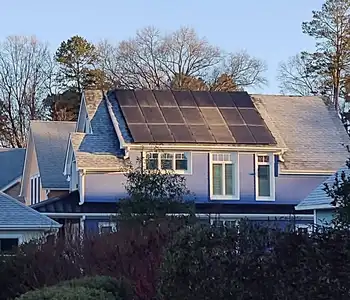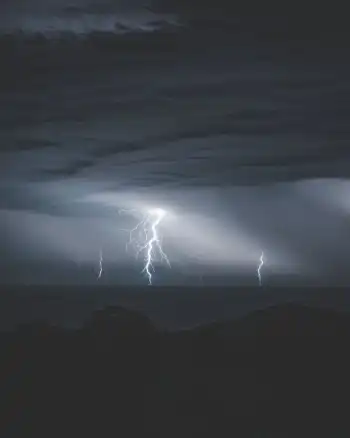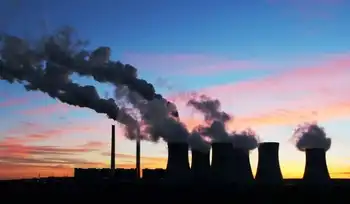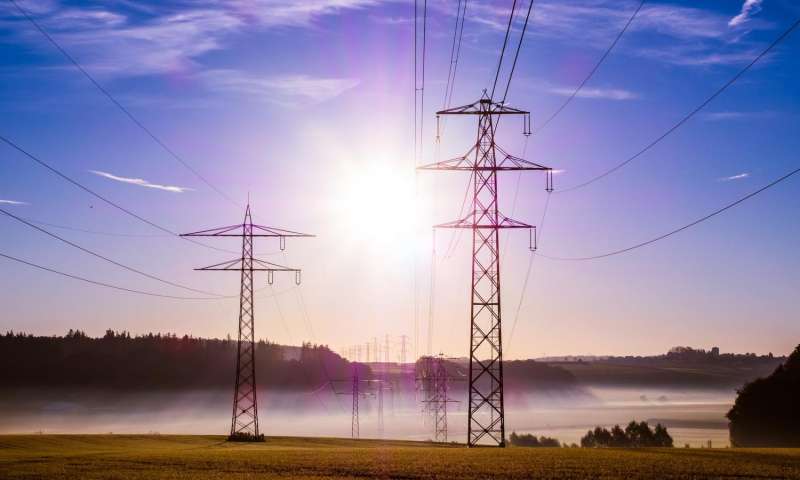Judge blasts utility over coal plant
WAUSAU, WISCONSIN - A state judge criticized a Green Bay utility for withholding information that regulators could have used to reduce pollution from a new coal-fired power plant under construction near Wausau.
Wisconsin Public Service Corp. of Green Bay failed to disclose details of a technology used in 20 power plants around the world to reduce emissions of sulfur dioxide, a pollutant linked to asthma and other respiratory illnesses, state administrative law judge Jeffrey D. Boldt said.
The utility "consciously chose to risk the integrity of the air permitting process by failing to provide the (state Department of Natural Resources) with information" about pollution control technology it had obtained from its own engineering consultant, said Boldt, in ruling on the Sierra Club's challenge to the coal plant.
The utility "did not provide any reasonable justification for this lapse of judgment," Boldt wrote.
At issue is the amount of environmental controls that WPS needs to incorporate into the first major coal plant being built in the state in decades. The $750 million plant was approved in October 2003 and is expected to begin operation in June 2008.
New power plants are required to install the most modern pollution control technology in order to receive a permit from the DNR. In this case, WPS failed to disclose a more stringent way of capturing emissions that is already being used around the world.
Boldt's ruling approved the DNR's permit with some modifications to make the plant less polluting. The Sierra Club said the DNR should reopen its review.
The DNR needs to "assess its program to see how did this go wrong, so that companies can't pull the wool over the eye of permit regulators," Sierra Club lawyer Bruce Nilles said.
Charlie Schrock of WPS saidthe information would not have resulted in a different outcome on the air permit.
DNR lawyer Tom Steidl said the agency still was reviewing the judge's decision, which also called for reductions in the plant's allowable nitrogen oxide emissions.
Related News

Duke Energy seeks changes in how solar owners are paid for electricity
CHARLOTTE - Duke Energy has proposed new rules for how owners of rooftop solar panels are paid for electricity they send to the electric grid. It could mean more complexity and lower payments, but the utility says rates would be fairer.
State legislators have called for changes in the payment rules — known as "net metering."
Right now, solar panel owners who produce more electricity than they need get credits on their bills, equal to whatever they pay for electricity. Under the proposed changes, the credit would be lower and would vary according to electricity demand, said Duke spokesperson Randy Wheeless.
"So in…




